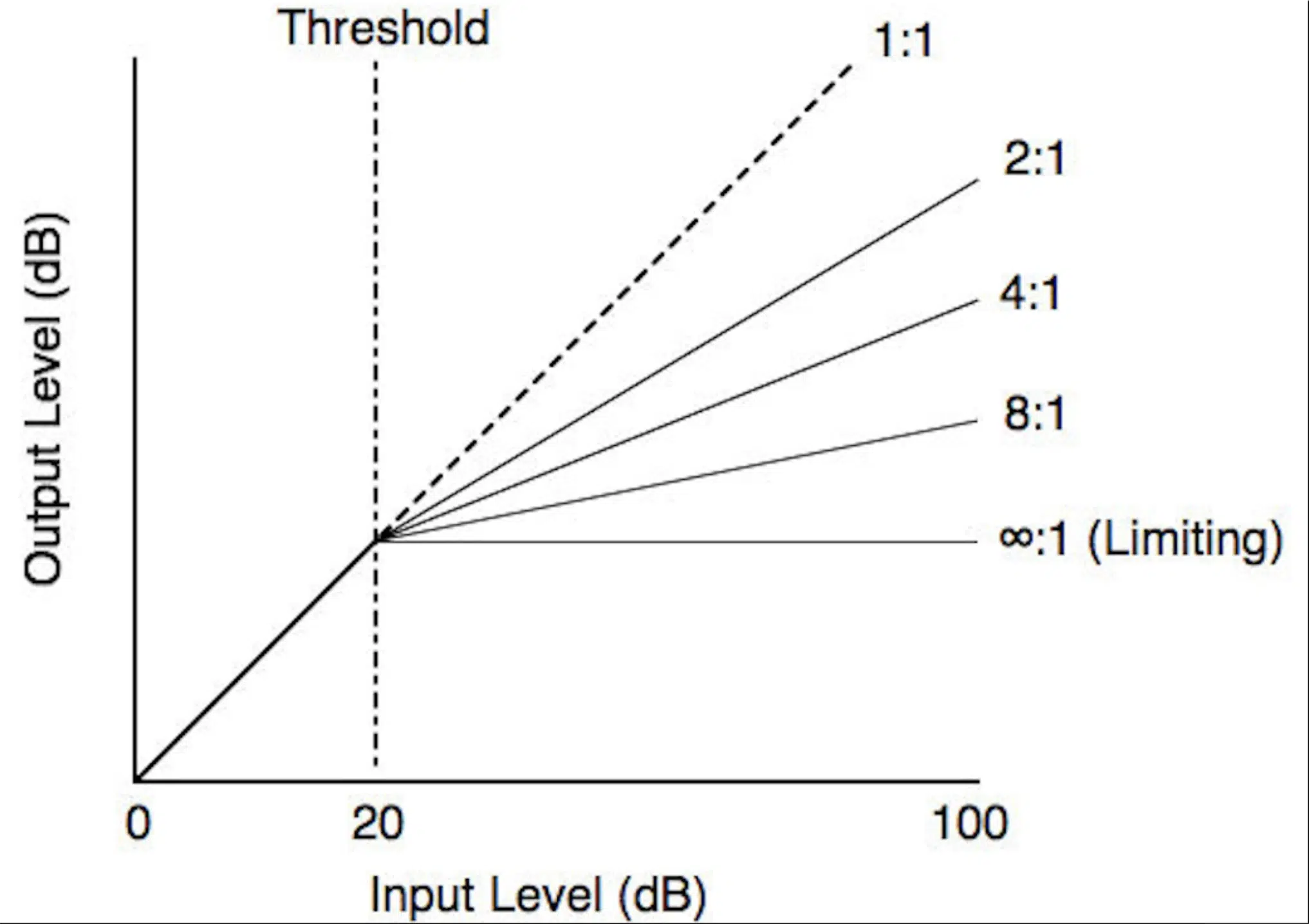take the hdmi stream from my Apple TV
I think there's two big obstacles here: HDCP and processing power. Most legal devices you can buy will not support simply handing over HDCP-unecrypted raw frames for you to mess with as that defeats the whole point of HDCP.
But even if you get past that, you're going to need at least a very high speed FPGA or ASIC, optionally also connected to a reasonably high-end PC, in order to be able to modify the stream in real-time and send it back out... certainly no current rpi can do this in even 1080p in real-time, and many devices now are going to 4k and beyond.
